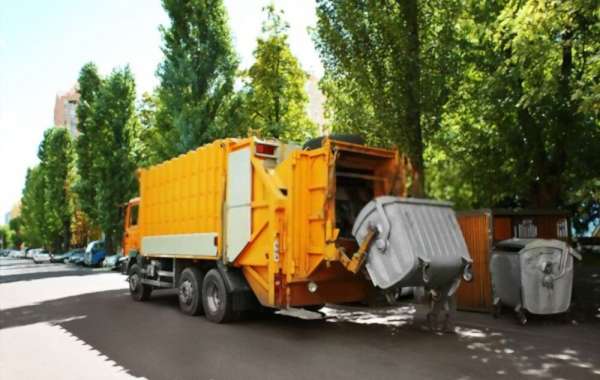In Australia, approximately 15.3 million tonnes of organic waste is produced each year, out of which 20% is a complete waste with 6.4 million tonnes sent for recycling and 6.9 million tonnes ending up in landfills. This has a detrimental impact on the environment like methane emission from organic waste, potential leachates from toxic waste, air emissions and odours.
Therefore, here are some tips for businesses to make their waste management in Melbourne practice more effective.
- Measure business waste: Businesses must have an idea about the amount of waste being produced by them. This will help them shape their waste reduction goals and formulate an effective waste management strategy.
Information on the volume of waste generated can help determine the number and size of skip bins needed, along with how frequently they need to be collected.
- Reduce the amount of waste going to the landfills: One-way businesses can reduce the waste is to follow 3 Rs that are Reduce, Reuse and Recycle.
Reduce: Try to reduce the amount of waste produced by the business by changing the way it operates, employee training and education, adoption of eco-friendly methods etc.
Reuse: Instead of throwing or discarding waste, identify other local businesses near you that have any use of the waste generated by your business.
Recycle: Determine if any materials can be recycled.
- Identify local collectors of recyclable materials: By knowing the amount and type of waste produced in your business, it will be easy to contract suitable service providers for garbage collection, transport and recycling.
- Understand your waste and recycling collection contract: To implement waste management in Brisbane, you need to make a suitable recycling and collection arrangement either with a private collection contractor or local council.
- Implement material collection processes in business premises: Different businesses generate waste of different materials. So it is better to collect them separately at the point of generation. To achieve this, clear communication and appropriate signages are required to be made available to the staff, cleaners and clients in some cases.
Summary
By following these tips for waste management in Melbourne for your business, you can successfully reduce waste, save money and protect the environment.








